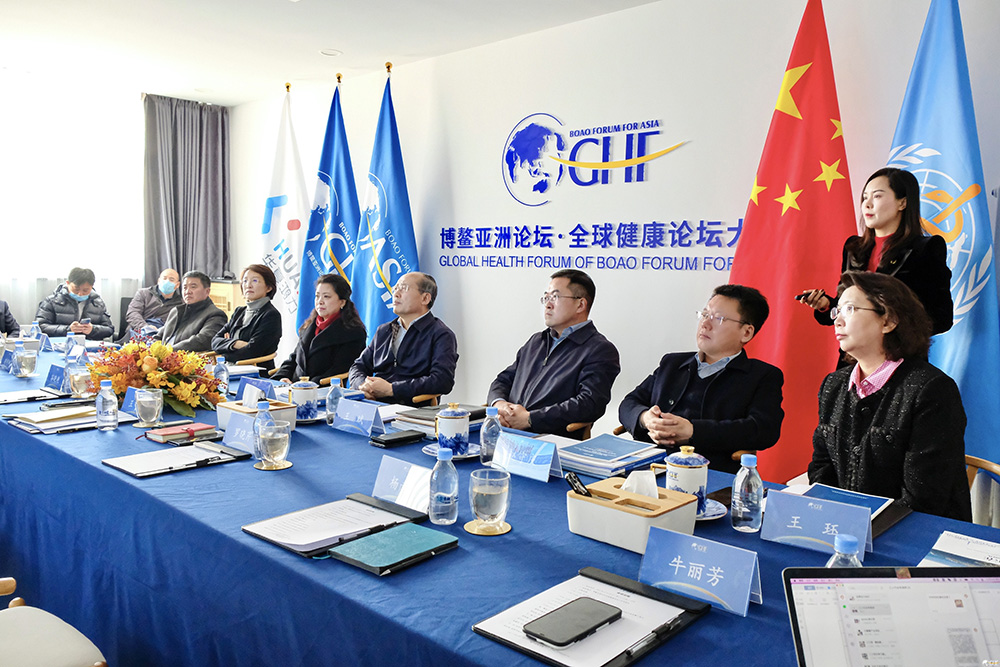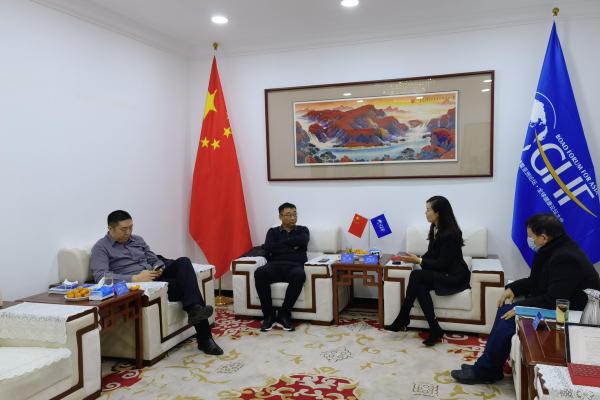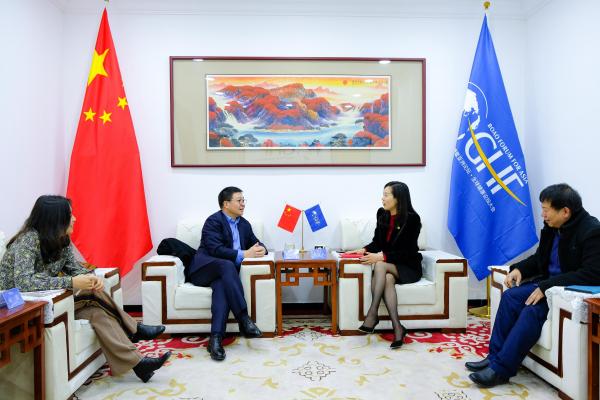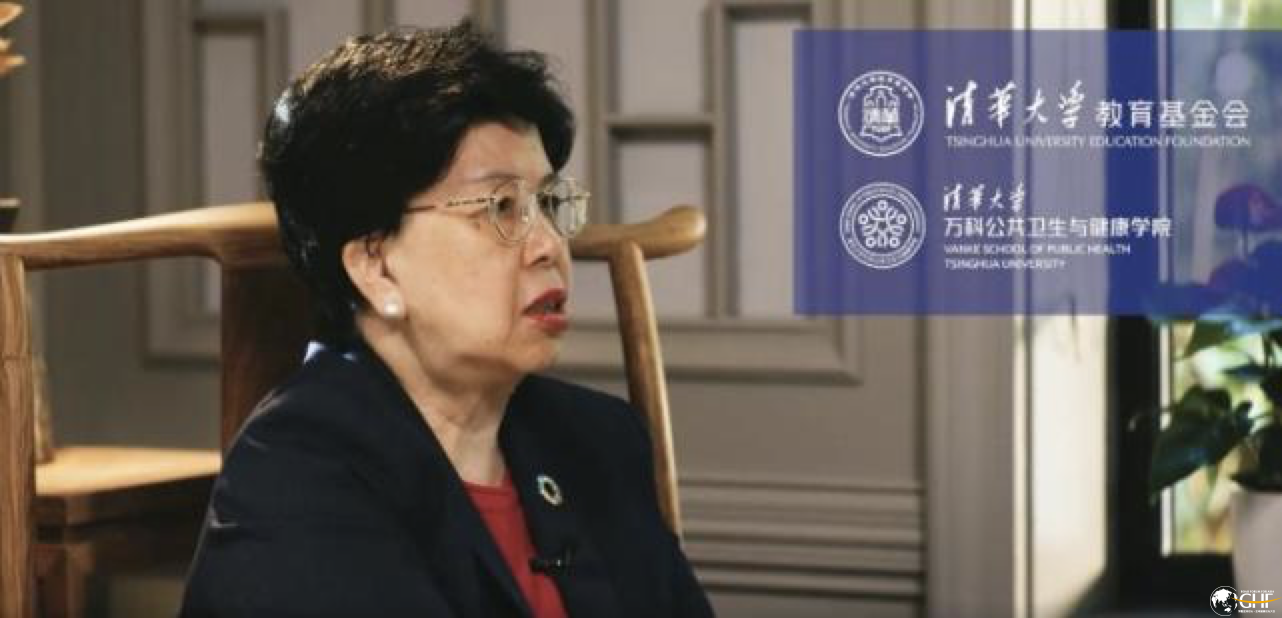
The epidemic will only end when a significant number of people have access to safe and effective vaccines, and it is estimated that normal life will not resume until the second or third quarter of next year, said Margaret Chan, Emeritus Director-General of WHO and the inaugural Dean of the Vanke School of Public Health at Tsinghua University, at the "For a better Tsinghua" lecture on October 21.
"The key is whether we have enough vaccine, how the vaccine is distributed, who gets vaccinated first, how the cold chain is arranged, whether the vaccine is a one-shot or a two-shot ...... These all make a big difference." Margaret Chan said each province should develop a vaccination plan based on its own situation.
She pointed out that although China has been the first to control the epidemic with uniform policies, the number of people with antibodies is very small, so they have to rely on the vaccine to protect them. In many countries, although the epidemic is still serious, 20-30% of the population may already have antibodies, although they have not yet reached the level of herd immunity. Therefore, each country and each region will have to work out its own plan, depending on its situation.
"China has won the victory of prevention and treatment of the new coronavirus in this stage. However, the country's policy now is to promote the regular control of the epidemic, to promote the resumption of work and production in an orderly manner, and, in addition, to develop a program for vaccination." She said.
While China has offered much experience in the fight against the epidemic for other countries, we should also reflect on the problems it has exposed, Chen said. In her opinion, the biggest problem is that "treatment is more important than prevention," so from now on, the government, enterprises, individuals and academia should think about how to achieve universal health with a focus on prevention, and strengthen the prevention of chronic diseases, mental illness and drug abuse.
She said that public health is not only the work in the field of medical and health care, but also involves many other fields, such as education, food hygiene, environmental health, and nature conservation. This is why the Vanke School of Public Health at Tsinghua University is committed to promoting interdisciplinary and cross-disciplinary collaboration.
Reflecting on the epidemic, she added, "We also found another problem, that is, public health and clinical medicine are not highly integrated, which is something we need to focus on. Where did the new coronavirus come from? It comes from nature. Therefore, we need to think about how to achieve green development and protect nature, so that people and nature can coexist in harmony."
In April this year, during the spread of the new coronavirus epidemic, the Vanke School of Public Health at Tsinghua University was officially established. China Vanke Co. Ltd. donated all assets 200 million shares of Vanke stock to Tsinghua University Education Foundation as a one-time donation for the ongoing support of the College's construction and development. The School focuses on four core disciplinary areas: public health policy and management, big health, big data for health, and preventive medicine.
According to Chan, as many universities have done a good job in training undergraduates the School only admits graduate students and will spend the limited efforts and resources on high-level, international training of public health career talents.
"China is now the second largest economy in the world and will inevitably become the largest economy in the world. Peaceful development requires talent." In fact, she said, "There are many very capable people in our country, but is there an opportunity to cultivate them so that they can exercise leadership in the international community and speak for the country? We must have a platform to cultivate them."
Taking her own work experience as an example, she pointed out that to live and work in international organizations, first, language skills must be good, and you must speak at least two languages, and preferably have experiences in developing countries. "Our country's young people definitely need to go out at this time to see the world. This experience is important for your own development in the future, and helps you understand and tolerate cultural differences."
"Recently, I've heard that many universities, such as Peking University, are making layout the in public health. This is good and I very much welcome it." Margaret Chan noted that cooperation among countries and universities should be developed, and that cooperation is always the most beneficial option for overall development. "We have to admit that cooperation is inevitable and that cooperation and competition coexist."

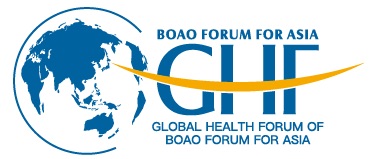

 Reports
Reports
 Partner application
Partner application Download
Download Hot News
Hot News
